Whatever you think about Sprint races in Formula 1, they are very much here to stay, with six planned for the upcoming 2023 season.
In the two seasons they have been run since their introduction there have been three in each campaign, meaning the number will double before next season is out with F1 pointing to increased viewing numbers and fan engagement as evidence in support of the format.
If these six events thus far have proved anything, it is that choice of venue is the most important factor in deciding whether or not it will be a success, with Interlagos proving a hit in 2021 and 2022, but Monza – where overtaking is always difficult – did not reappear for 2022.
There are questions too about the very format of Sprint weekends, with the idea being tweaks made to the structure to protect the sanctity of Grands Prix. Red Bull boss Christian Horner is a follower of such proposals.
And as Horner exclusively told RacingNews365.com, F1 should not be afraid to make changes, with the rewards on offer being able to lead the championship to even greater riches.
Horner wants to see Sprint revamp
"There's many positive things about Sprint races, but I think we can still improve the concept," said Horner, whose squad won one Sprint in 2021 and two in 2022.
"The concept of having an independent qualifying for Sprint and then another qualifying for the Grand Prix has absolute merit in it, because you don't lose your entire weekend if the Sprint race doesn't go well for you, and it'll take away the need to be conservative.
When asked about the idea of possibly 12 Sprints per season, and 36 races in total – the length of a NASCAR Cup season sans exhibition races such as the Clash and All-Star, Horner commented: "It depends how it evolves but I think we've got to be open-minded to these things."
However, he also warned that there could be areas for improvement.
"There's many positives about the Sprint, but I think it still needs tuning – it can still be better and it's not delivering everything that it could so far," Horner continued.
"[But with 24 Grands Prix planned in the 2023 season], we are getting close to the point of saturation and, while it is great there's such demand [to host F1], you should leave people wanting more.
"We are pushing the boundaries of what's physically possible. F1 is not like NASCAR which just operates in one territory. This is a global World Championship, and the logistics, travel and time zones are brutal.
"The maximum number of [main Grands Prix] for me is 22. 24 is really pushing the envelope.
"And of course, for us teams doing Sprint races, it is just more cost, and that has got to be taken into account."
In response to the increase in Sprint races for 2023 – which can be seen in the table below – teams have been allocated extra financial headroom to the tune of $300,000 per Sprint to take into account any damage or repairs that are incurred during the event.
F1 Sprint races in 2023
| Venue | Date |
|---|---|
| Azerbaijan | 29 April |
| Austria | 1 July |
| Belgium | 29 July |
| Qatar | 7 October |
| United States (Austin) | 21 October |
| Brazil | 4 November |
F1 needs to stay ahead of the wave
Since Liberty Media took control of F1 in time for the 2017 season, the sport has markedly improved its offerings across social and digital media, with Netflix's Drive to Survive a key driver in bringing new fans into the series.
Interest from fans, sponsors and new teams are at an all-time high, with countries like Greece and Colombia even self-touting themselves as potential hosts to be associated with F1.
However, Horner is keen to point out that the series must be ready for what happens when the bubble bursts, as it did similarly with the global financial crash when manufacturers like Honda, Toyota and BMW all withdrew within a 12-month period.
"That's where we need to stay ahead of the wave," he said.
"Formula 1 can't afford to rest on its laurels as it has had explosive growth in the last few years.
"As a team, we've capitalised on that and bought in many news partners, but we have to retain that interest from the fans, from the show and that is from the racing spectacle.
"It is why we have to keep evolving, keep moving forward and we can never say that we have cracked it.
"It is a question of keeping evolving because I think we're just scratching the surface.
"[This is where] evolving the Sprint format [is a possibility], as well as have regulations to improve the racing even further, and 2026 offers the next opportunity to really address that.
"We've got great momentum, and now we've got to make sure that we build it rather than lose it."
Red Bull's dominance
Red Bull enjoyed their most successful F1 season in 2022, claiming 17 of the 22 Grand Prix wins as Max Verstappen romped to 15 of those and a crushing second world title as the team wrestled back the Constructors' from Mercedes after eight years of dominance.
As ever with new technical rules, the big three teams stole an advantage over the field as the performance delta increased, with convergence coming over time as the rules bed in.
Despite this – and the fact that only one team that wasn't Red Bull, Mercedes or Ferrari took a podium, with McLaren's Lando Norris claiming third at Imola – Horner felt the rules were a step forward and was bullish about increased competition in 2023.
"I said it last year, there'll be teams that get it right and there'll be teams that get it wrong," he commented.
"I mean, who would have imagined that Mercedes would only win one race this year after all the success that they've achieved in the previous eight years?
"I'd love to continue the domination, but it's somewhat unrealistic in this business, because the other teams are simply too good.
"They will have learnt a lot of lessons from this year, and I'm sure that cars will converge significantly in 2023, and the biggest winner from that is the fans.
"It's obviously more stressful for the teams, but the winner is the sport if there's more competition."
Also interesting:
F1 Podcast: A tech breakthrough and political firestorms
RacingNews365.com F1 journalists Dieter Rencken and Michael Butterworth look back on 2022 and discuss the key issues that emanated from a year of considerable change in F1.
Don't miss out on any of the Formula 1 action thanks to this handy 2026 F1 calendar that can be easily loaded into your smartphone or PC.
Download the calenderMost read
In this article
Interviews RN365 News dossier
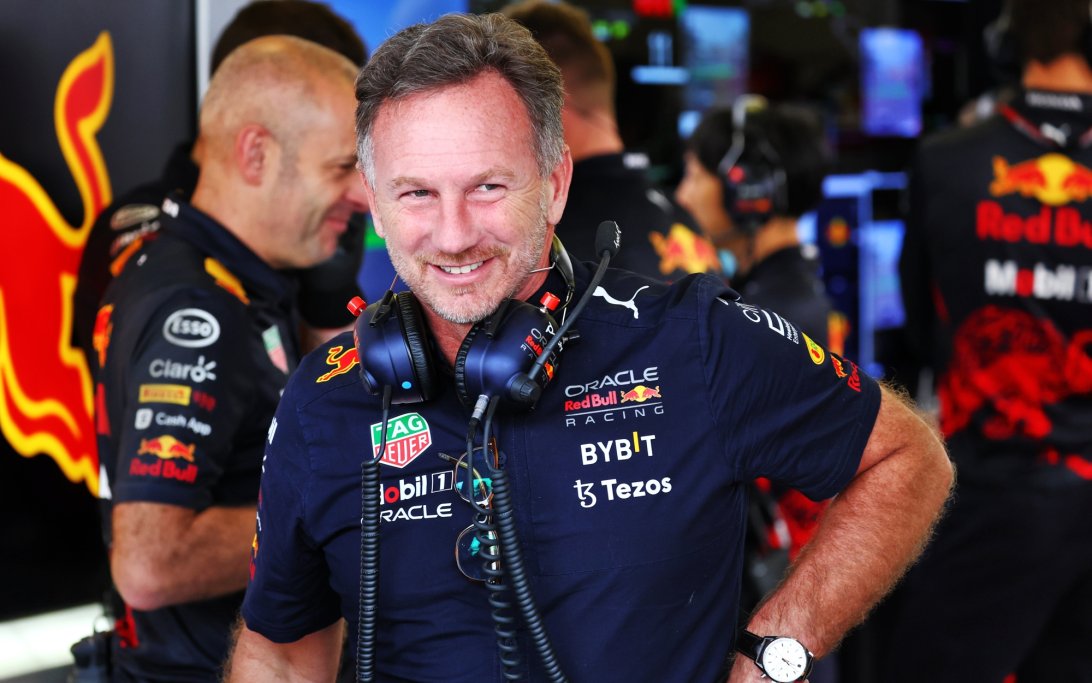
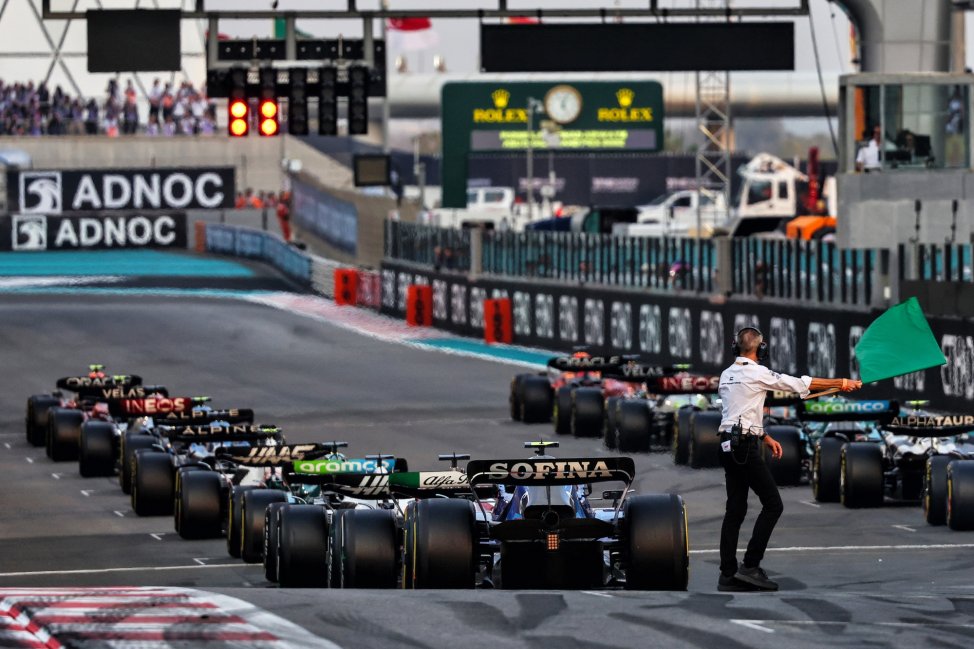


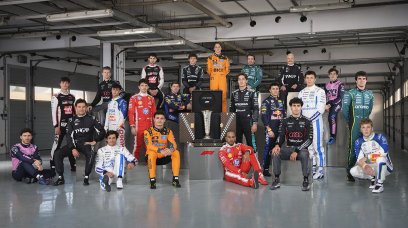

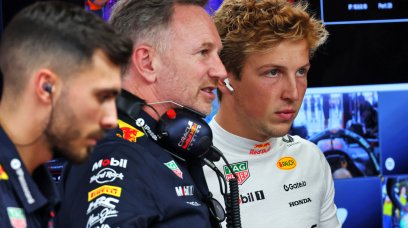
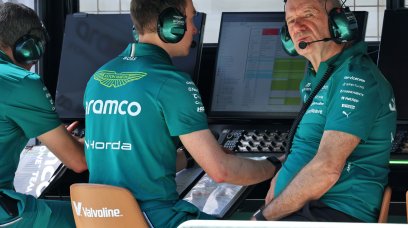

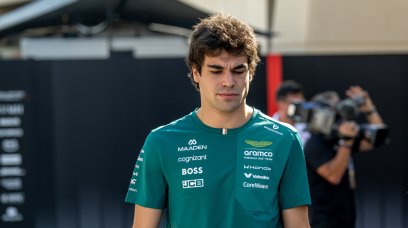

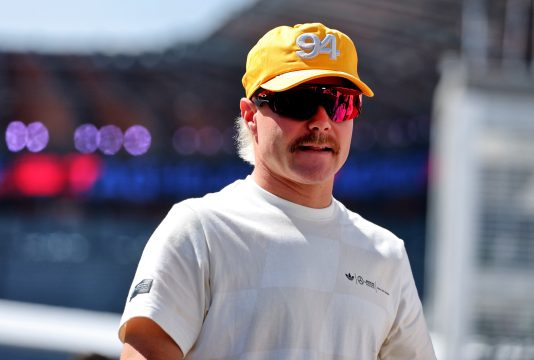
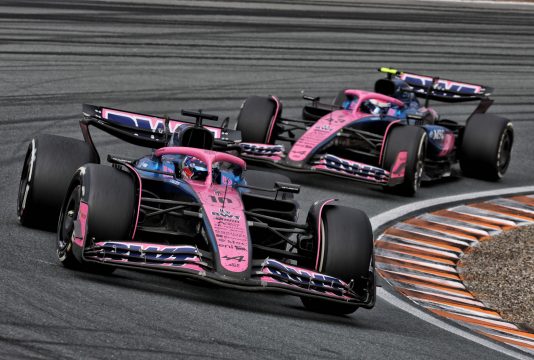

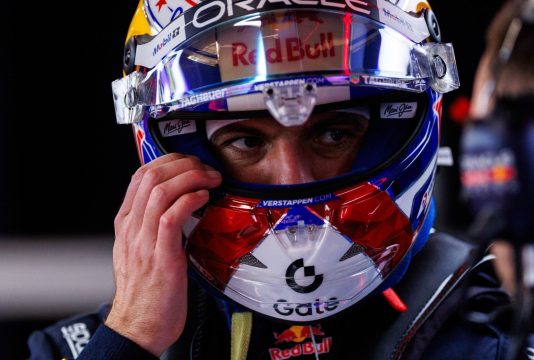
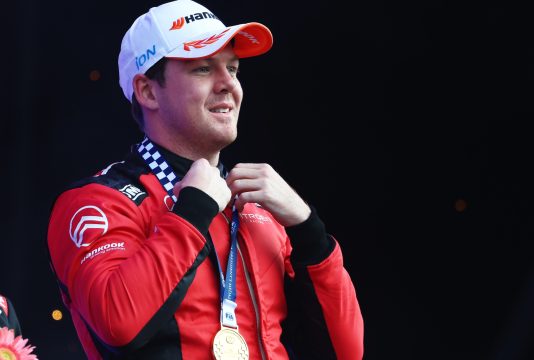
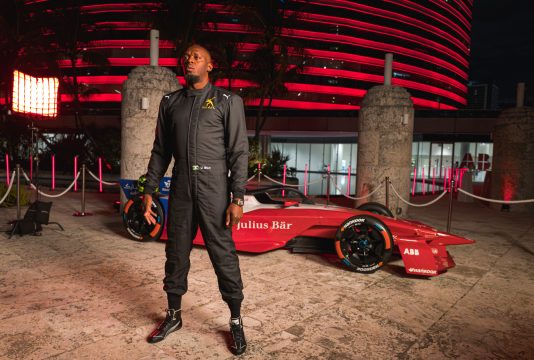
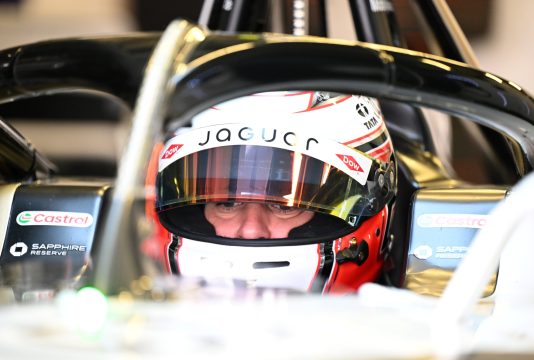
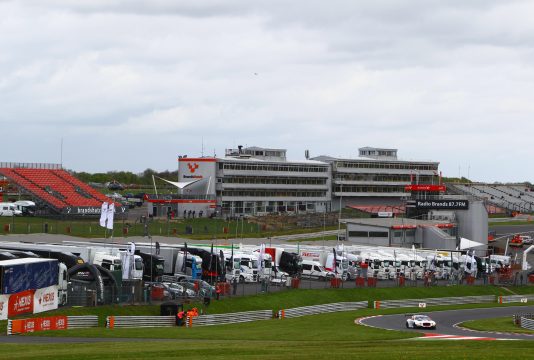
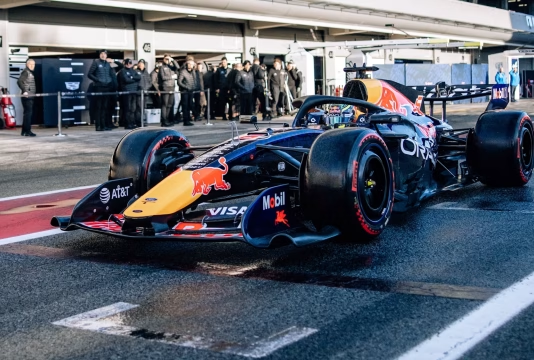
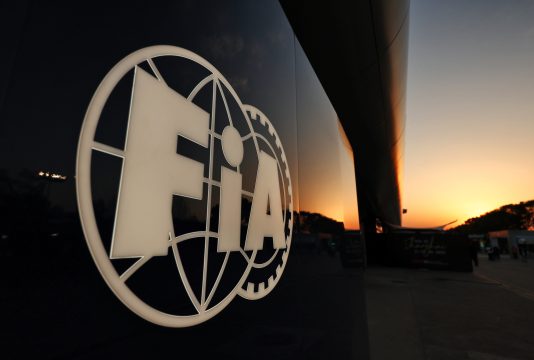
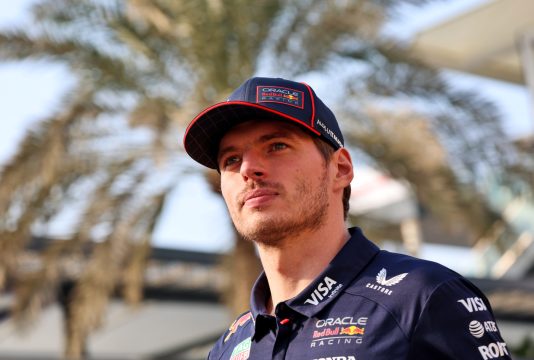
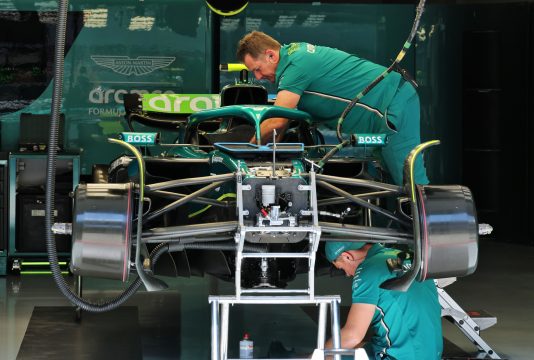
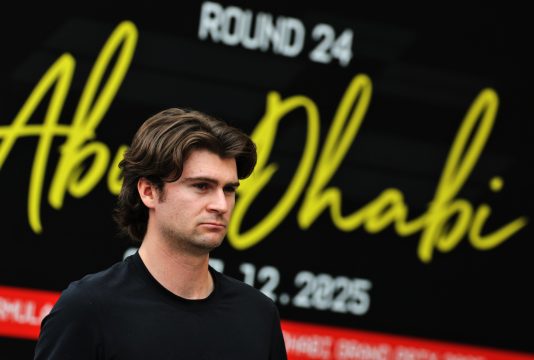
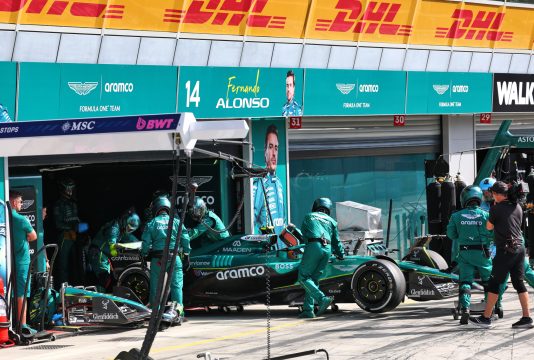

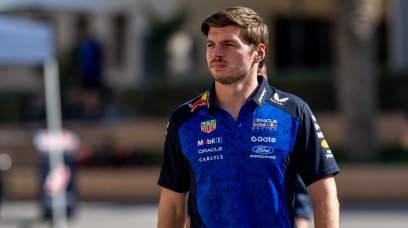

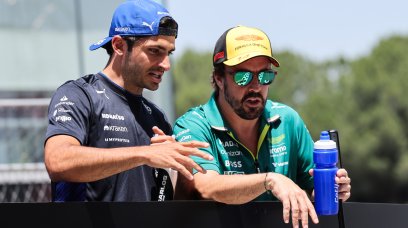
Join the conversation!